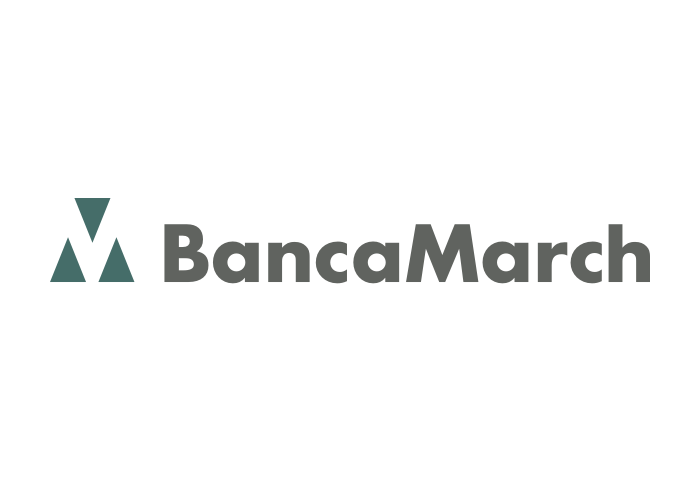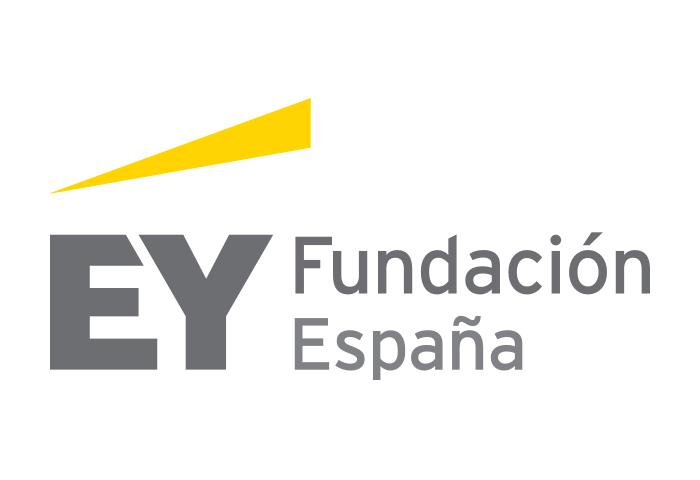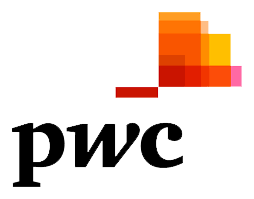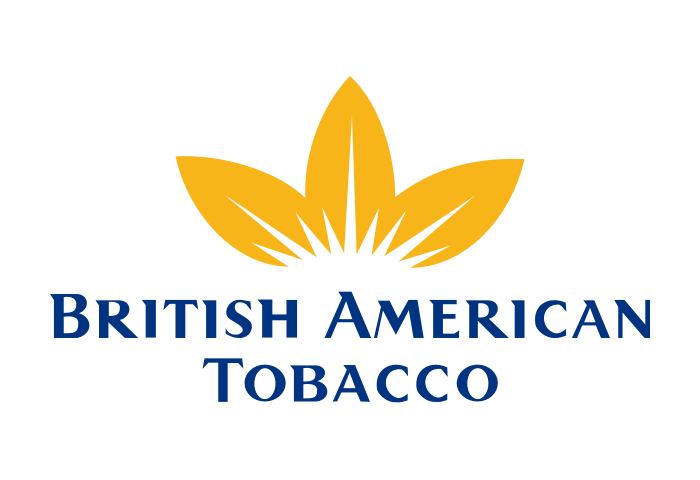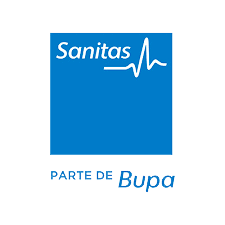Projects
Research Projects are undertaken in the different fields of study of all the IE Schools with a strong focus on international collaboration, interdisciplinary approach, academic quality and impact, and relevance to society. Research projects at IE are regularly funded through the successful participation in competitive funding programs sponsored by national and international public and private institutions, as well as through collaboration agreements with private and public sponsors. Also, institutional research initiatives are undertaken by the Research Centers, Chairs and Observatories at the request of their promoters or as an institutional response to societal needs and public interest. In this section you can find the Research Projects developed at IE, as well the Applied Research studies undertaken through the IE Centers, Chairs and Observatories.
FIND A PROJECT
CO-VERSATILE: Adaptive and resilient production and supply chain methods and solutions for urgent need of vital medical supplies and equipment
Miembros del equipo: Elena Revilla
CO-VERSATILE aims at increasing the adaptation capacity, resilience and flexibility of the European manufacturing sector, focussing on vital medical supplies and equipment, to support Europe in improving its response and preparedness to deal with pandemics. CO-VERSATILE builds upon research and innovation industry-driven initiatives to deliver demonstrators of a flexible 48-hour industrial response capability at scale, to cope with sudden spikes in demand of strategic products, for requalification or release of Manufacturing Settings. The project foresees four key objectives:
- Deliver a rapid response to the ongoing emergency situation in the re-orientation and repurposing of production capacities through repurposed MVP for 7 manufacturing settings at M2 of the project and improved results iteratively delivered every 3 months after that, allowing an increased production capacity of vital medical supplies and equipment. Manufacturing settings outside the project will start having access to the project results at M6 of the project through a digital platform
- Set up an accessible and democratic Digital Technopole for the re-orientation and repurposing of production capacities to meet the urgent needs of our societies for vital medical supplies and equipment, consisting of 5 operational building blocks.
- Validate the proper operation of the Digital Technopole on 8 selected Manufacturing Settings to demonstrate a flexible 48-hour industrial response capability at scale, to ramp up production in response to sudden future spikes in demand of strategic products (for instance medical equipment such as PPE, respirators), for requalification or release of production lines.
- Ensure the sustainability of the Digital Technopole and the multiplication of the offered services to the European Manufacturing Industry to achieve wide replication.
Los trabajadores seniors en empresas europeas
Miembros del equipo: Rafael Puyol; Iñigo Sagardoy; Gisella Alvarado; Alfonso Jiménez; Beatriz Ardid; Elena Orden; Cristina Morillo-Velarde.
El objetivo final de este informe es que las mepresas españolas tengan referencias sobre las que definir estrategias para la gestion de sus trabajadores sénior. Ejemplos de compañías instaladas en nuestro país, pero sobre todo casos de una muestra significativa de los estados europeos estudiados
Perfiles de filantropía personal en España
Miembros del equipo: Cristina Cruz, Rachida Justo
Este estudio, que se apoya en el análisis cualitativo de más de 50 horas de entrevistas con filántropos relevantes del país, expertos y gestores, permite entender mejor la figura del filántropo personal en España, sus motivaciones, su forma de actuar y de decidir, e identificar condiciones y buenas prácticas que facilitarían a los filántropos españoles maximizar su impacto social.
European tech insights 2020. Unveiling the technological future that citizens want and their concerns in a changing world
Miembros del equipo: Diego Rubio, Carlos Lastra, Carl Benedikt Frey, Christina Colclough, Oscar Jonsson, Carlos Luca de Tena, Irene Menéndez.
From the very beginning, we saw that it was essential for the Center for the Governance of Change to build that knowledge base, and therefore we launched European Tech Insights. We do this alongside our ten research programs and many other initiatives at the intersection of technological change and policy on topics from the future of healthcare, data integrity, AI strategies as well as the future of education and skills. In this second edition of European Tech Insights we delve deeper into what future that European citizens want on topics at the center of their life, such as the future of work and automation, the growth and regulation of technological companies, the gig economy, global supply chains or the climate. This includes understanding particularly what they do not want, how they differentiate between the effect that change will have on them versus on their country. It also probes inconsistencies between what they say they want and how they act. Moreover, as the first surveys were done before the pandemic, we also updated the report with a re-run of key questions plus additional ones on four of the hardest-hit countries on how the pandemic has changed perceptions of technology, and what are legitimate ways to manage it. In this edition, we also thought it was important to contrast the European findings with the perceptions of the US, Chinese and Mexican publics
El golf como catalizador de la actividad económica en España
Investigador principal: Juan Santaló
El objetivo del estudio fue estimar la importancia del sector del golf en la economía española, tanto por su impacto directo, como por los efectos indirectos y de arrastre que ocasiona en otros sectores. Para hacernos una idea de la práctica deportiva del golf en España utilizamos el número de federados según la Federación Española de Golf. En España hay 272.637 federados. En términos absolutos, el mayor número de federados está localizado en Madrid y en Andalucía con 83.845 y 45.343 respectivamente. En términos relativos a su población, la comunidad autónoma con una ratio mayor de federados per cápita es Cantabria con 12,7 federados por cada mil habitantes. Se computan 393 entidades que gestionan campos de golf en España. Estas entidades constituyen la unidad de análisis que empleamos para medir el impacto económico. Cada una de estas entidades puede gestionar uno o más campos de golf. Andalucía constituye de largo la comunidad autónoma con mayor número de sociedades que gestionan campos de golf.
Construyendo una mejor resiliencia empresarial
Investigador principal: Aloña Martiarena
Miembros del equipo: Matthias Tietz
The project seeks to identify the characteristics and strategies that promote the business resilience of SMEs in general, and firms led by female and migrant entrepreneurs in particular. The research aims to develop practical tools to support all entrepreneurs in their efforts to develop more resilient businesses.
The empirical work consists of a novel survey of 988 SMEs of between 3 and 99 employees in the city of Madrid, followed by a series of in-depth interviews. The sample design is structured to provide robust information on migrant and women entrepreneurs, leaders that are typically not studied separately despite their distinct needs and contributions. Moreover, the study explores how the socio-economic conditions of the area where the firm is located affect the resilience strategies and behavior of entrepreneurs.
This research is part of an international study of five cities (London, Milan, Paris, Frankfurt, and Madrid). It allows comparing resilience strategies and challenges across different cities and groups of entrepreneurs.
Drivers of change: Sovereign Wealth
Miembros del equipo: Javier Capapé;Patrick J. Shena; Ignacio de la Torre
The 2019 Sovereign Wealth Funds report shows that these funds are defined by continuity and change. Continuity because they make it possible to maintain strong investment activity and are seen as a factor of stabilization in the investment cycle due to their relative immunity to the volatility of the economic situation. From January 2018 to September 2019 the total value of SWF transactions was 139 billion dollars. And change because they allow the rapid adaptation to the technology revolution thanks to increased investment in sectors such as biotechnology, software, fintech, data, mobility, e-commerce and health. SWFs are increasingly acting not only as financial investors seeking a return in the medium and long term, but also as instruments of public policy that drive the transformation of the productive sector of their economies. In this context, and in line with these objectives, SWF investments in Spain have multiplied in recent years, offering evidence of Spain’s attractiveness to these investors

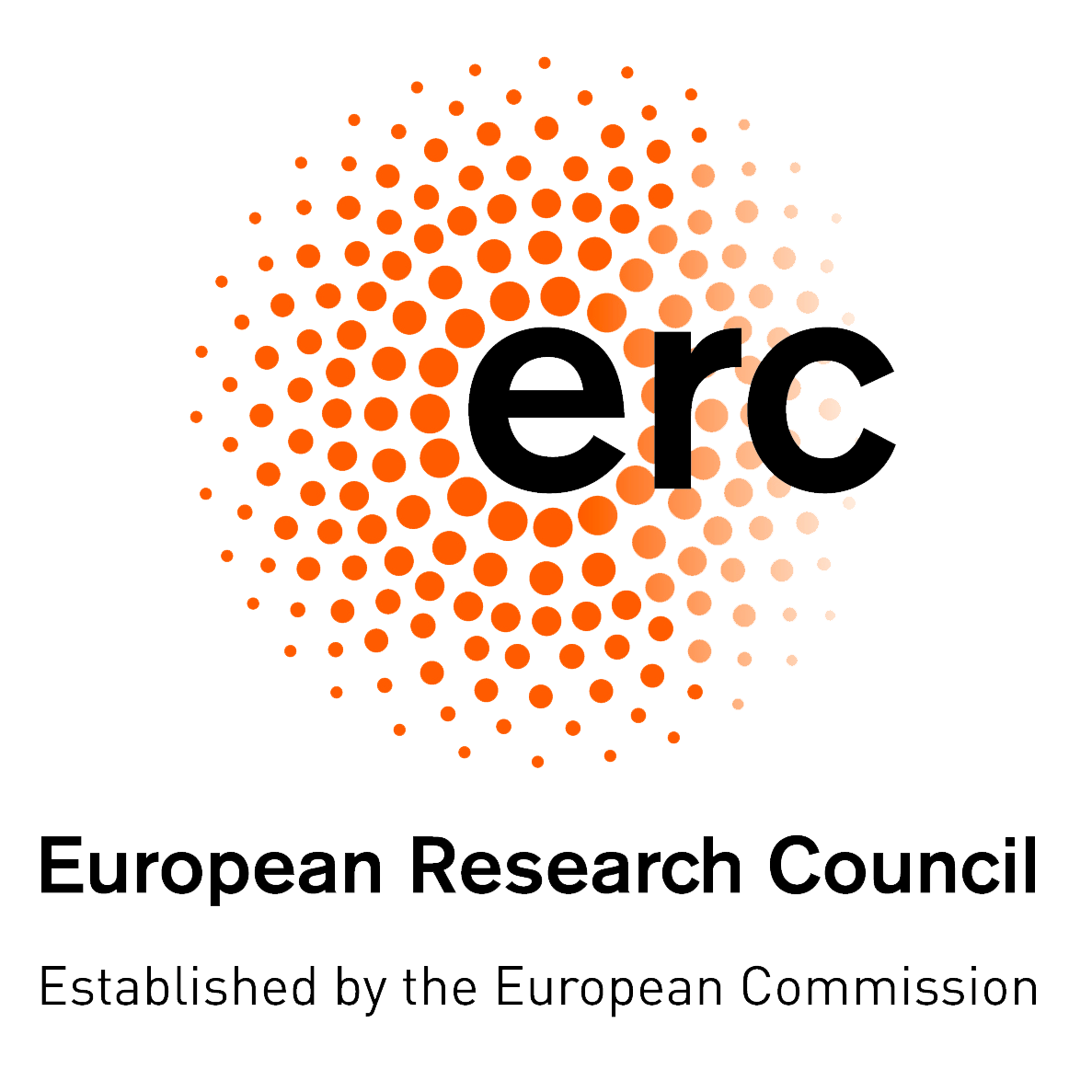
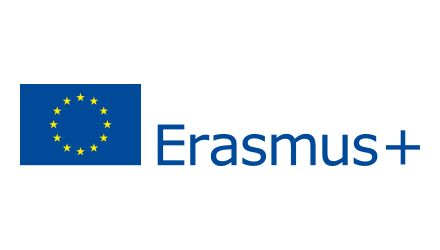







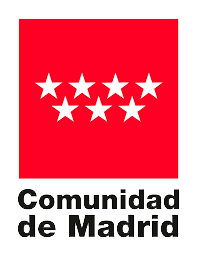

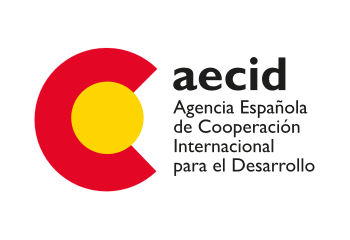




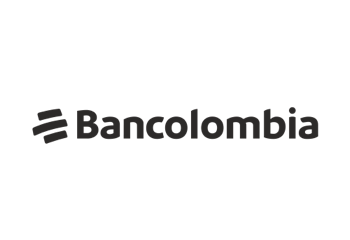
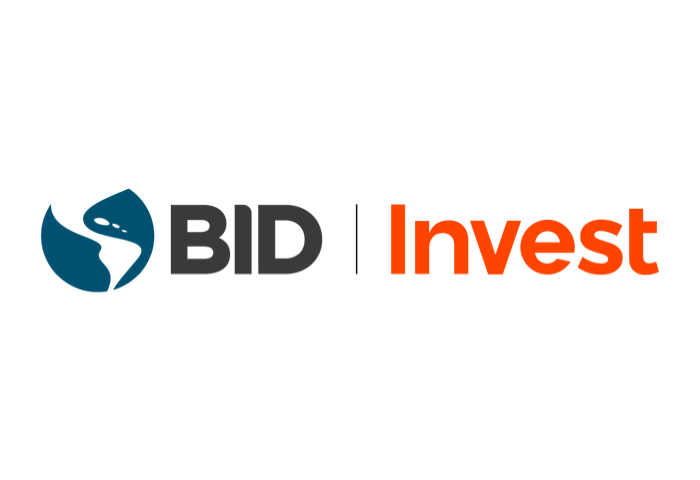




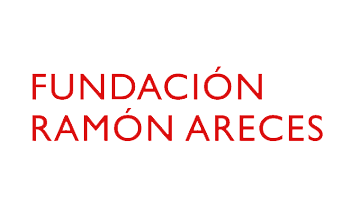

.png)
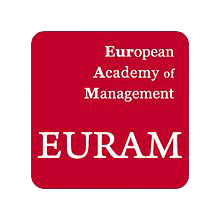
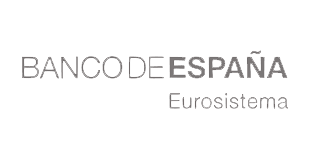
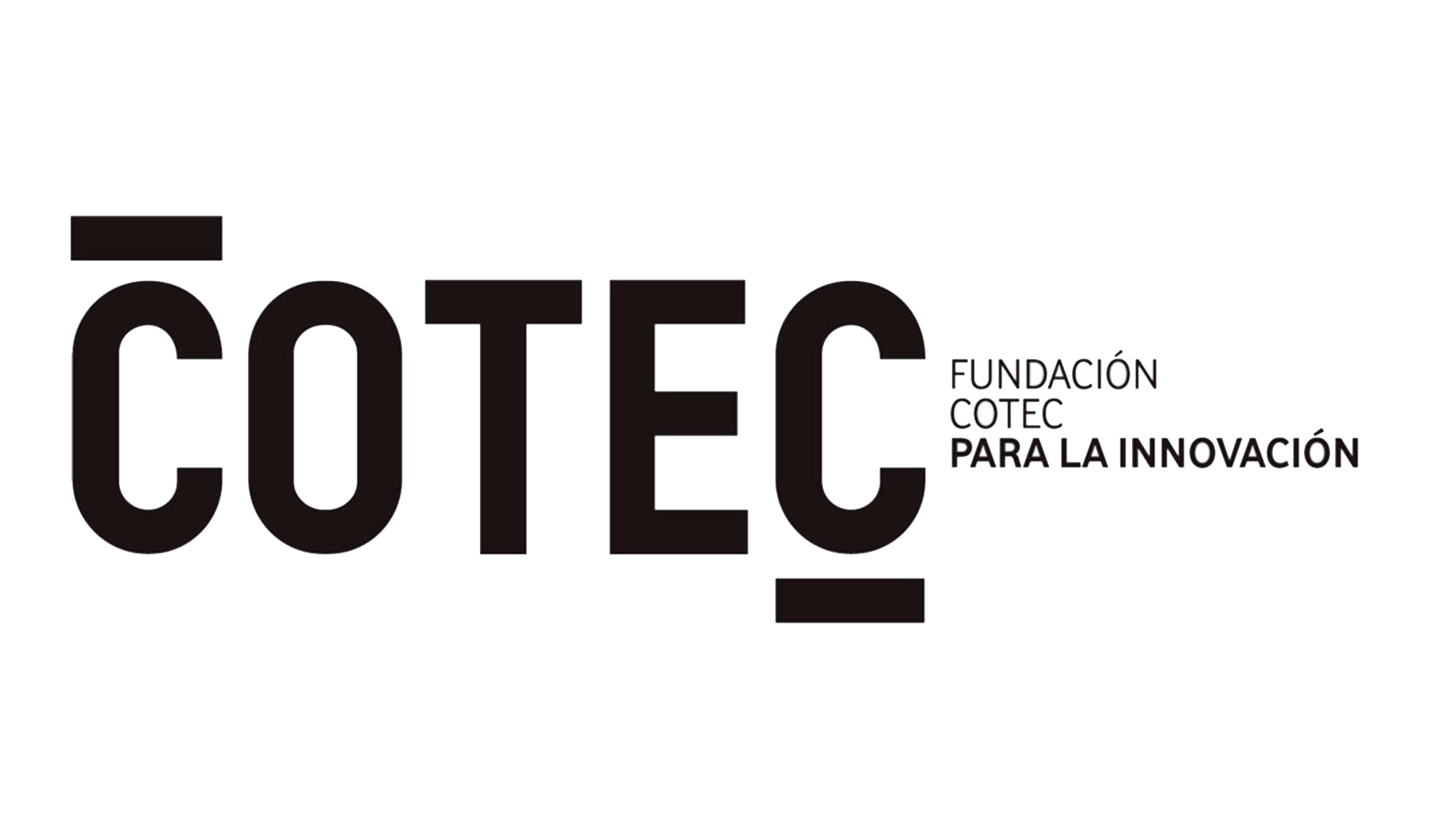



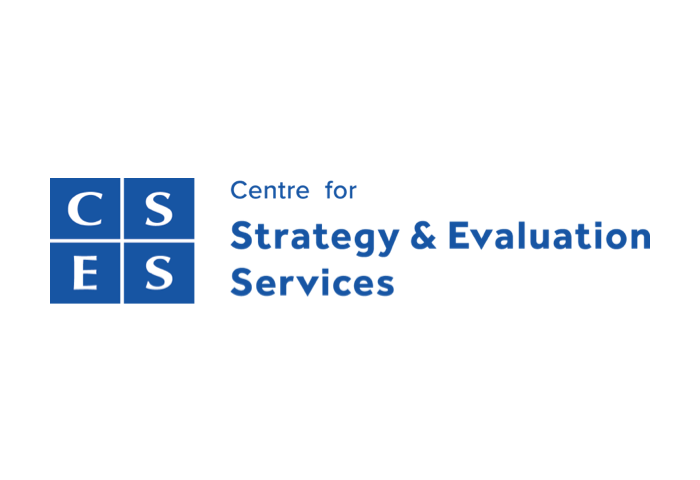
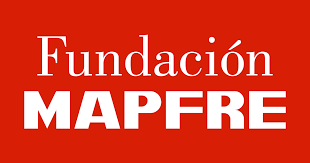
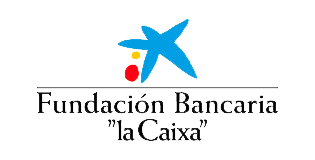
.svg.png)
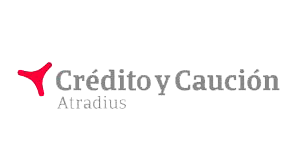
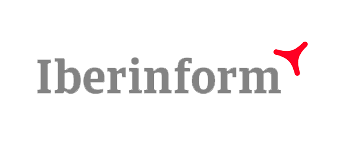

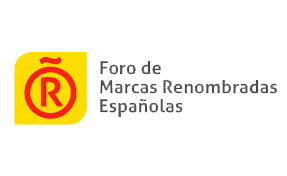





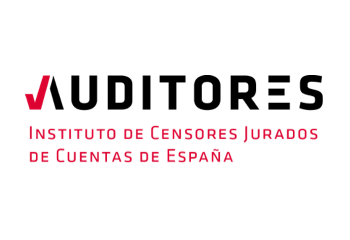
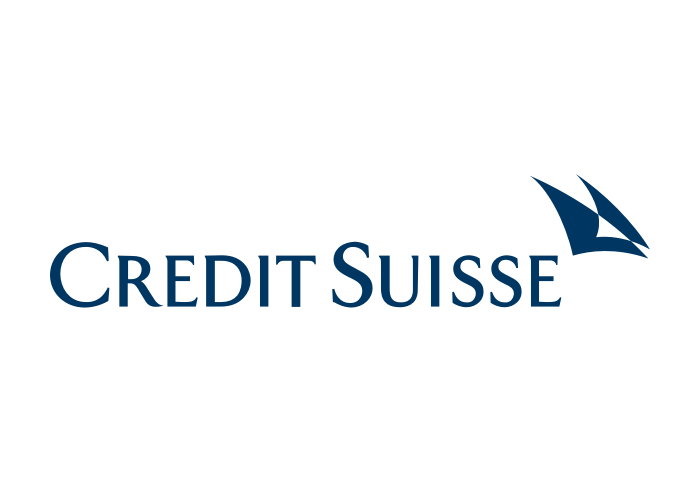
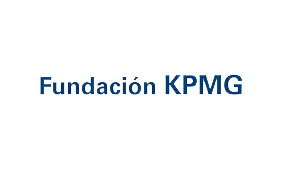

.png)
